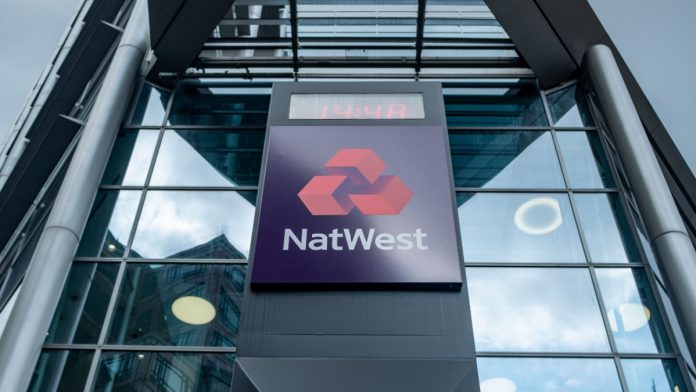Increased adoption of Open Banking by leading British businesses has been welcomed as positive progress by Payit by NatWest, citing data from a recent survey.
According to a study of 150 large UK businesses conducted by Payit – NatWest’s Open Banking platform – 66% are familiar with Open Banking, and report saving more than 150 hours a day via the tech’s use.
Open Banking first began to emerge as a popular financial service in the 2010s, but its use has skyrocketed over the past six years largely driven by the activities of fintechs and neobanks – but traditional banks such as NatWest have been catching up.
The City of London financial institution launched Payit in 2020, and various other big name banks have been doing the same. According to Payit’s research, merchants across the UK are becoming increasingly aware of Open Banking services, with 97% of UK firms reporting ‘some level of awareness of the technology’.
Mike Elliff, CEO at PayIt by NatWest, said, “It’s encouraging to see UK businesses embracing open banking and benefitting from the operational and cost efficiencies it can bring.
“We hope to see this awareness and adoption of new payment solutions grow and would encourage businesses to give it a go. While the concerns around security and fraud are apparent in this research, businesses can be confident that open banking is based on the security inherent in your online or app-based bank account.
“Wider understanding of this could help tackle barriers to implementation and open opportunities for businesses to lower operational spend and move closer to their objectives.”
The main benefits of Open Banking most businesses experience are increased efficiency and informed decision making. Cost reduction is also a benefit, according to Payit survey respondents, with an 8% difference in payments processing costs between those using Open Banking and those not reported.
This is not to say that all businesses are entirely sold on Open Banking, or do not have reservations about the technology. The survey stated that 48% of respondents had concerns about cybersecurity risks in Open Banking.
For example, last year’s Future of Payments Review focused heavily on Open Banking. The government-commissioned review spoke highly of Open Banking and its potential benefits to the UK economy, but did add that gaps are missing in the UK’s regulatory framework around the technology, particularly around consumer protection.
On the other hand, regarding security, the report did note that Open Banking developments over recent years have begun to deliver “more user-friendly account-to account payment journeys that can be fulfilled in under a minute with high security”.
Additionally, the potential of the data-sharing elements of the technology have also caught interest in other sectors outside banking and financial services. Notably, Open Banking will play a key role in the ideal betting affordability check solution envisioned by the UK Gambling Commission (UKGC) and DCMS.
Elliff concluded: “As the financial landscape evolves, companies embracing the technology stand to gain a competitive edge in the ever-changing business environment.























